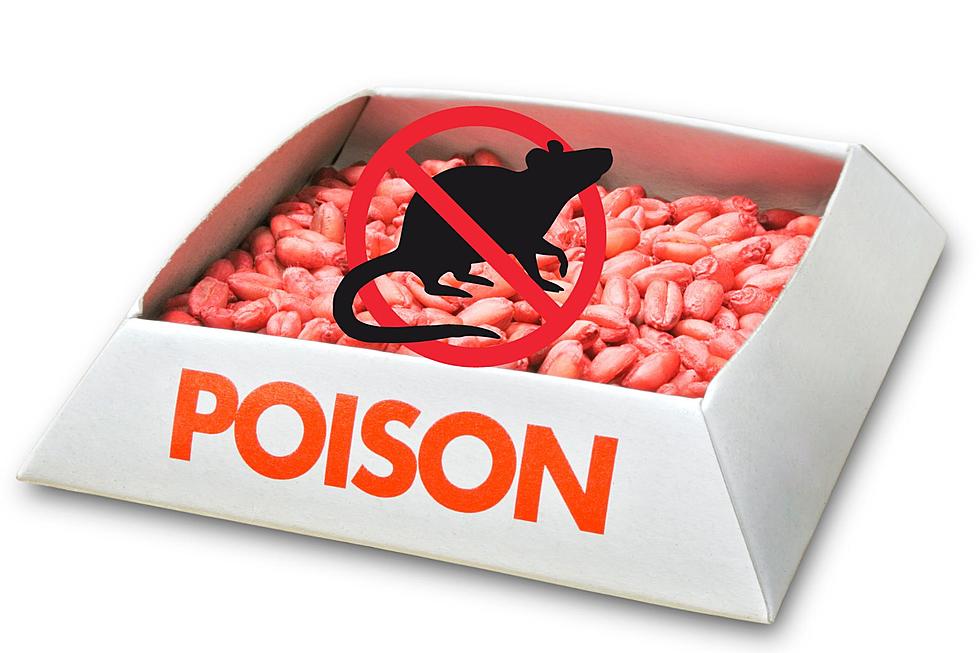
This Is Why You Should Not Use Rat Poison Anywhere
There was a story that recently came out of Amarillo about a Ringtail Cat that was found by a family on their property.

The Ringtail Cat was brought into the Wild West Wildlife Rehabilitation Center on November 19th.
What is a Ringtail Cat?
The Texas Department of Wildlife describes the Ringtail as a cat-sized carnivore resembling a small fox with a long raccoonlike tail. Its bushy tail is flattened and nearly as long as the head and body, with alternating black and white rings.
The animal was lethargic, dehydrated, malnourished, and hypothermic. As soon as the animal was on the premises, the WWWRC contacted their vet, Dr. Wolf. The concerns were impaction and possible secondary rat poison. The Ringtail Cat was given an enema, antibiotics, steroids, activated charcoal, and Vitamin K. They did realize that the Ringtail Cat was in poor condition, but hope is always a great thing, and hope is what drives people to wish for the best.
Unfortunately, the Ringtail Cat did pass away. According to the WWWRC the animal had ingested Bromethalin.
According to the National Library of Medicine, Bromethalin is a rodenticide for the control of commensal rodents. It will cause death within 8-12 hr and it is preceded by one to three episodes of clonic convulsions with death usually due to respiratory arrest.
The Ringtail Cat was secondarily poisoned, which means that he ate an animal that had ingested a rodenticide product. Rodents who have ingested a poison are likely slower prey and easy to catch. While the Ringtail cat thought it was getting a meal it ended up ending its life due to the poison ingested through the prey.
Unfortunately, this happens all over the country with different animals eating rodents that have ingested rodenticides.
For those trying to get rid of rodents in your home or on your property, there are other ways to get rid of these rodents besides putting down poison.
- Make sure that your trash is disposed of properly and regularly
- Don't feed pets outside and pick up their droppings
- Use traps - different types of humane traps are available
- Dry ice in burrows
- Barn Owls - Barn owls are a natural way to kill rodents in a farm setting
Using poisons to control rodent populations is killing more than the rodents, it is harming our wildlife and pets as well.
If you are looking for ways to help out our local resources for wildlife, you can donate to the Wild West Wildlife Rehabilitation.
Examples of Pet Safe, Toxic, and Poisonous Plants
LOOK: Here Are 30 Foods That Are Poisonous to Dogs
Gallery Credit: Rachel Cavanaugh
A Few Animals You'll Find At The Amarillo Zoo
Gallery Credit: Michael J. Rivera
